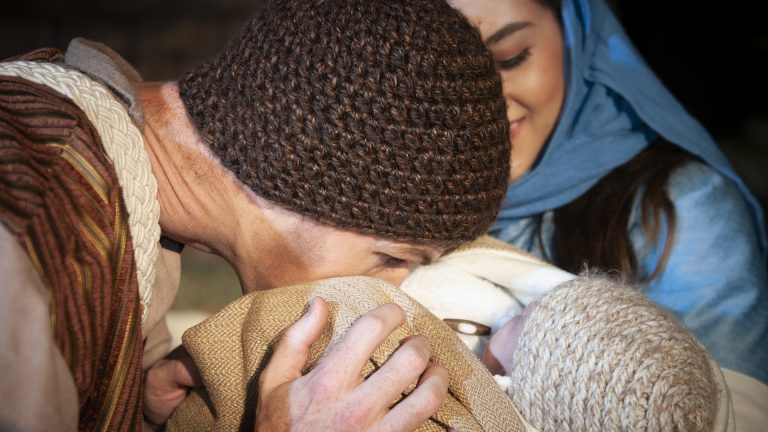THE EPIPHANY OF THE LORD
Is 60:1-6; Ps 72;
Eph. 3:2-3,5-6; Mtt 2:1-12
WE HAVE COME TO WORSHIP
We celebrate today the Epiphany of the Lord. The word ‘epiphany’ means appearance or manifestation. This Sunday then celebrates the manifestation of Jesus, the son of God and the salvation of the world, to gentiles.
This is the story of three wise men coming in search of the new born king. We were not told their names neither are we told where they came from. We do not even know how many they were. Over the years they have been depicted to be three because of the gifts they brought. But the truth is that the numbers 12 and 7 have also been considered in the past. The description as ‘magi’ is not even clear as to what their profession was. They could be magicians, astrologers or scholars.
To focus on the details of their identity and profession is to obscure the purpose of their journey. The purpose of their journey was “we…have come to worship him”. In coming to worship the Lord, these details of our lives do not matter. All that means nothing. Worship demands a disregard of self and an acknowledgment of the greatness of God. When you go to church is that what you do? Or you go to compare yourself to others? In worship the focus is God.
The visit of the magi, as Matthew calls them, is significant in the sense that Jesus is the saviour of all those who come to him. No one is left out. Each one of us must embark on this journey to the Lord willingly. It is an invitation that can only be taken personally.
Having come to where the child was, “they prostrated themselves and worshipped him. They opened their treasures and offered him gifts of gold, frankincense and myrrh.
Gold
Gold signifies kingship. In their worship they recognise that Jesus is a king. Jesus is the king of the whole universe. In offering gold in their worship, they accept Jesus as king over their lives. They entrust themselves completely to him. This is what we too should emulate from these men. Can we too prostrate ourselves before the Lord and say, “Lord be king over my life”?
Frankincense
Frankincense brings our minds to divinity. It is used in prayer and on objects to set them apart for God. This gift symbolises the divinity of Jesus. In their worship they recognised that Jesus is divine. He is not only king but also God. The before whom they lie prostrate is in fact the one through whom all came to be. The frankincense also points to Jesus as true High priest who sacrifices to save his people. Unlike the other high priests, Jesus offers himself as the only acceptable sacrifice in order to save all those who come to him. He is not only our king, he is also our redeemer and saviour.
Myrrh
Myrrh brings to mind death. This is because it was used to prepare the dead for burial. The presentation of the myrrh point to the death of Jesus. But this must not be taken as a prediction. Myrrh conveys the idea of vulnerability. In this child who is king and divine they saw also humanity. Jesus is man. He experienced all human emotions. It is in this way that he identifies with us. But you see, the myrrh is also made from sweet smelling spices. Even though human nature is weak, it can become sweet smelling when it is devoted to the Lord. Human nature can perform acts of worship that are not only acceptable to God but that can be sweet smelling like incense. The sacrifice of Jesus is an example. We pray that the Lord by his humanity will strengthen us. That, as we sincerely worship him, we may be empowered to do great things for the Lord.
These men sought the Lord in order to worship him. May we too sincerely seek him in our worship. May our praise and worship be acceptable to him. May he become king over our lives, our Divine guide and may he accompany us as we face the struggles and uncertainties of our lives.
Your worship must have its Gold, Frankincense and Myrrh.
God bless you.
By Fr. Delight Arnold Carbonu




